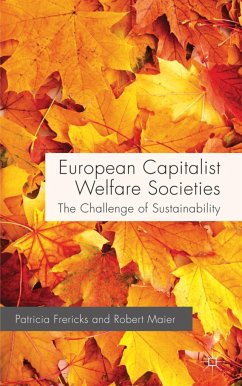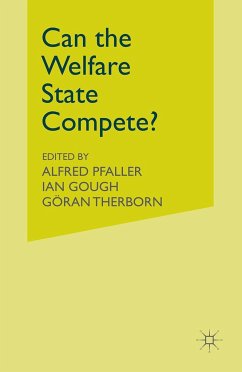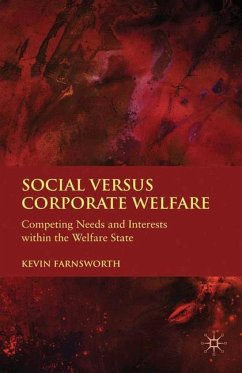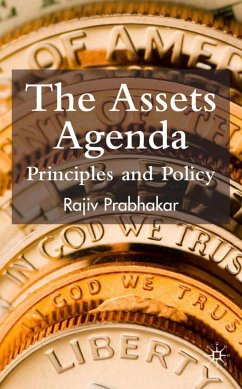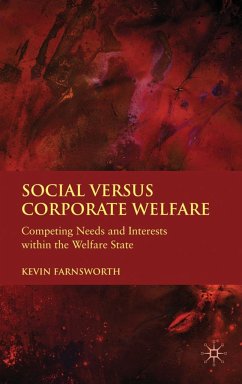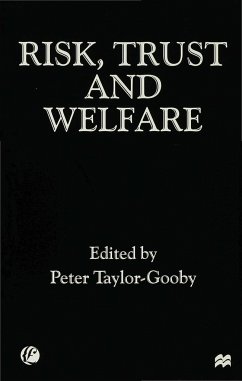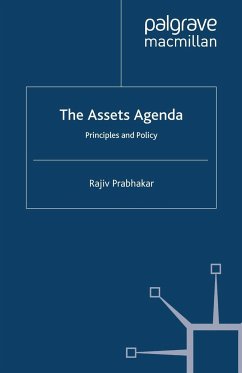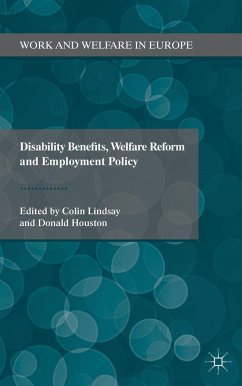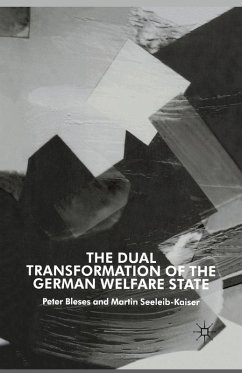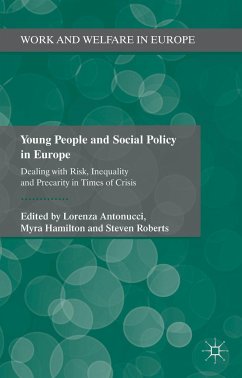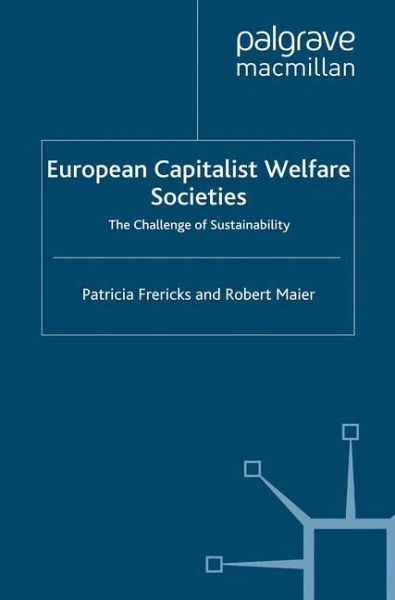
European Capitalist Welfare Societies
The Challenge of Sustainability
Versandkostenfrei!
Versandfertig in 6-10 Tagen
38,99 €
inkl. MwSt.
Weitere Ausgaben:

PAYBACK Punkte
19 °P sammeln!
This book offers an analysis of European capitalist welfare societies, centering on the questions of sustainability and the financing of social rights. Capitalism is defined as a multi-model economy, comprising of a market economy (including production, distribution and exchange), a state welfare economy (based on compulsory transfers, such as taxes and social contributions), a household economy and a voluntary economy. The resources for the welfare economy are produced by some activities of the life course, and used by other activities, once rights over these resources are acquired. Setting o...
This book offers an analysis of European capitalist welfare societies, centering on the questions of sustainability and the financing of social rights. Capitalism is defined as a multi-model economy, comprising of a market economy (including production, distribution and exchange), a state welfare economy (based on compulsory transfers, such as taxes and social contributions), a household economy and a voluntary economy. The resources for the welfare economy are produced by some activities of the life course, and used by other activities, once rights over these resources are acquired. Setting out a new conceptual framework that integrates an adapted version of the theory of instituted economic processes with the changing structuration of the life course in European countries, the book argues that European capitalist welfare societies are not sustainable in their present form and that the future financing of social rights is conditional on substantial transformations. The book alsoanalyzes relevant data on the socio-economic positioning of women and migrants.





